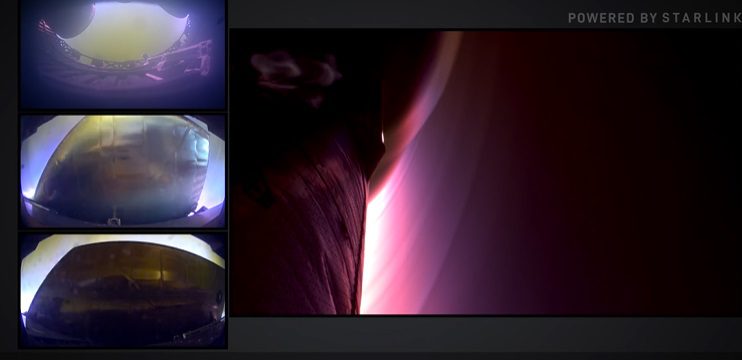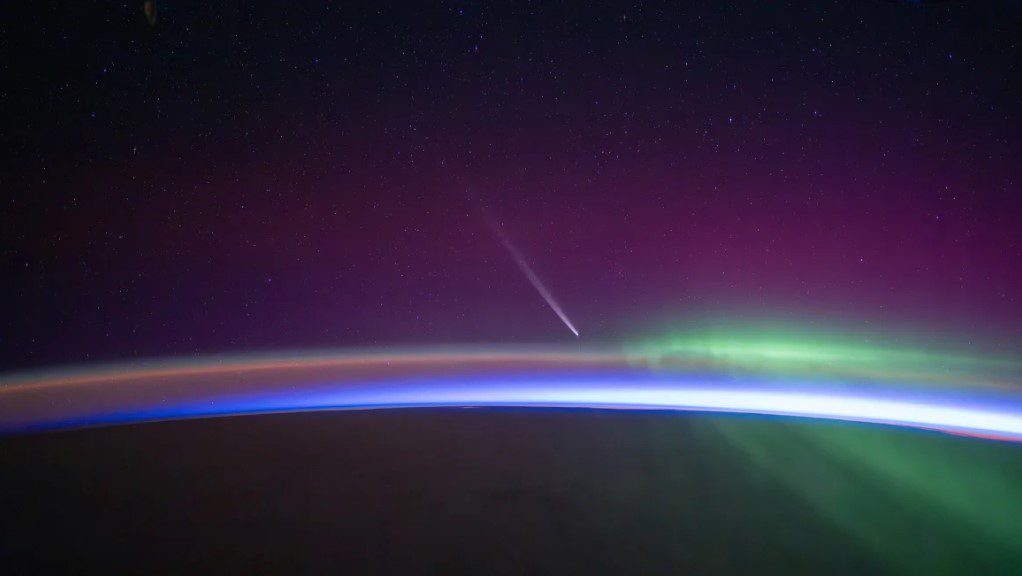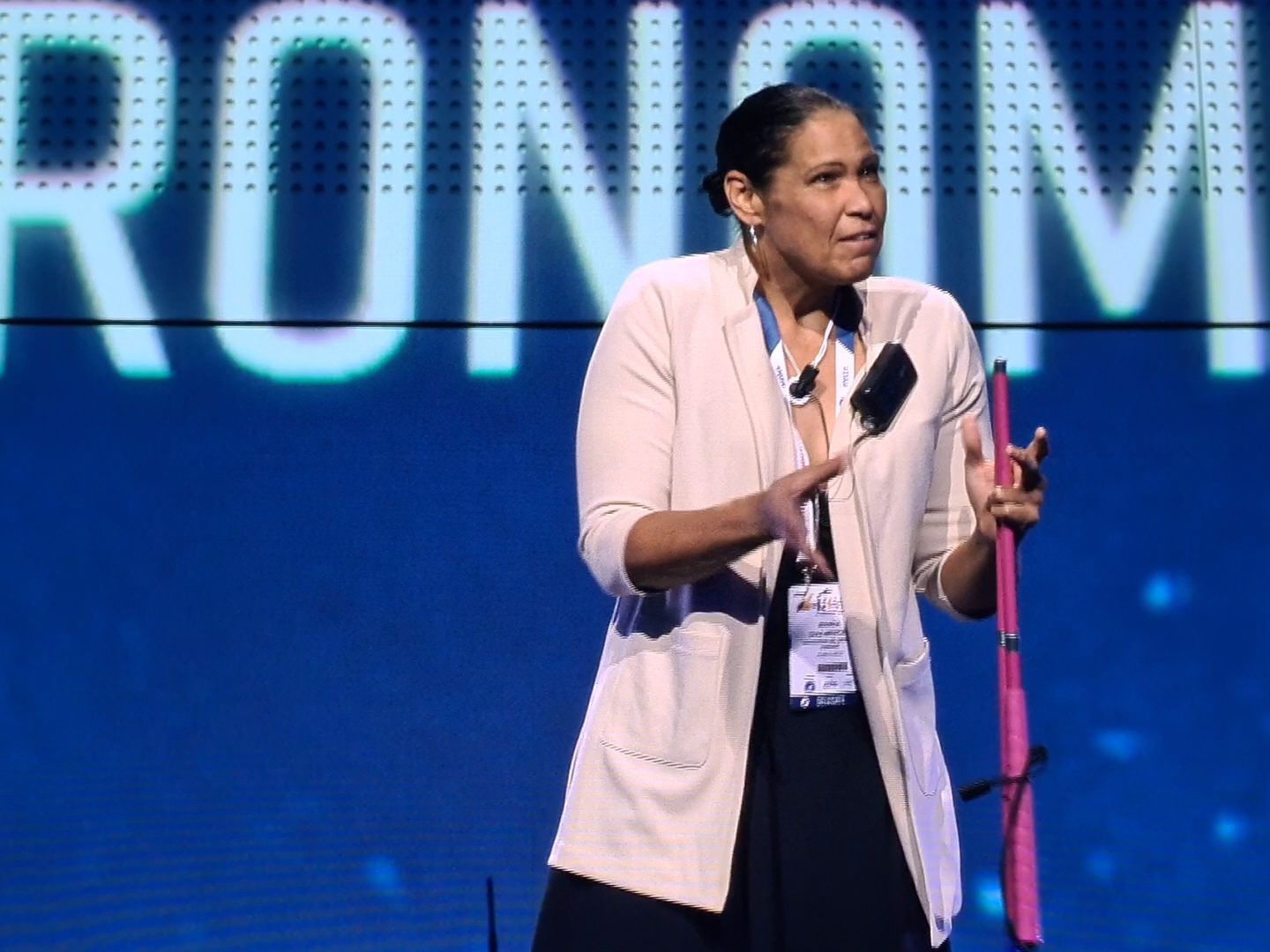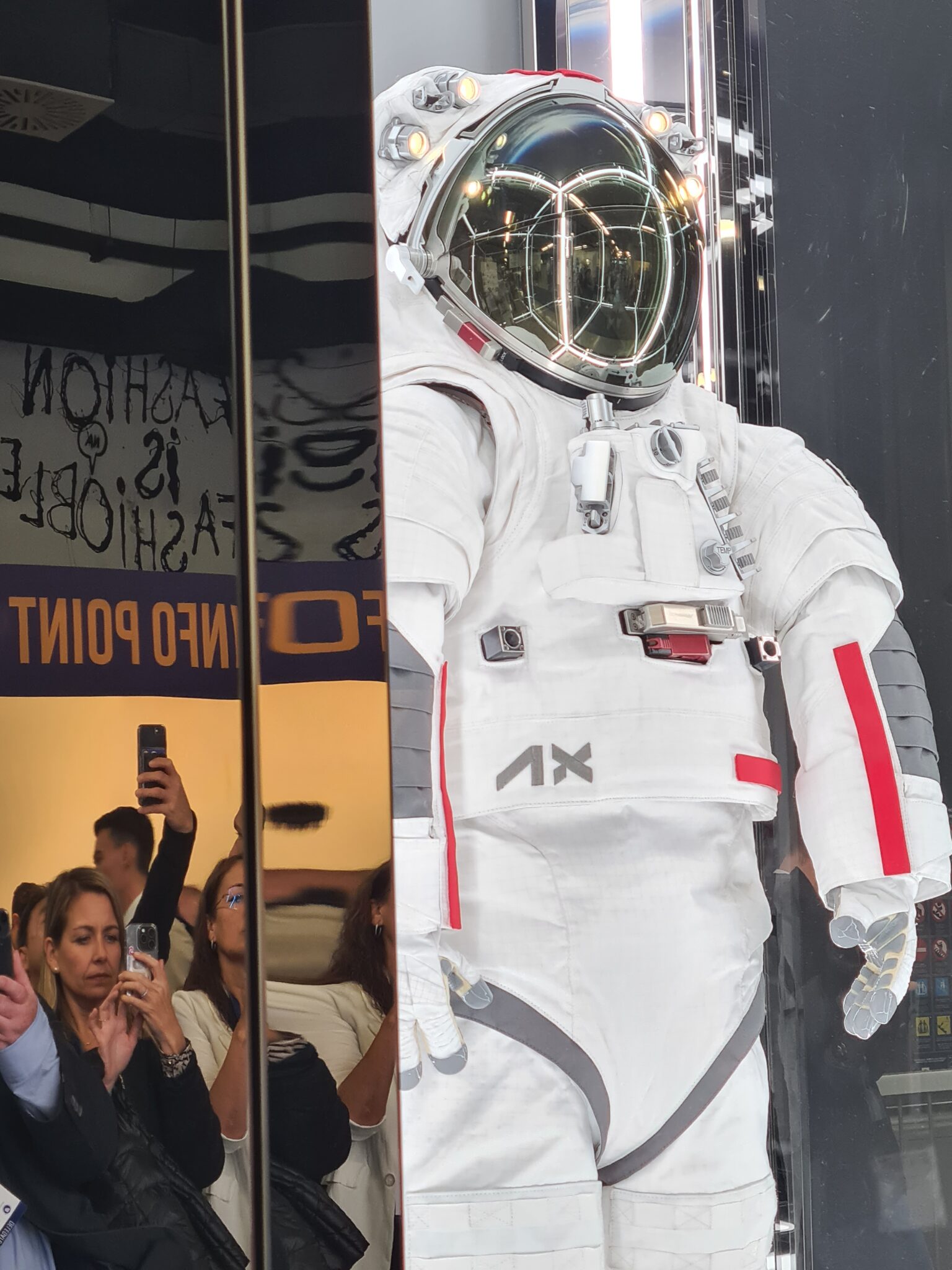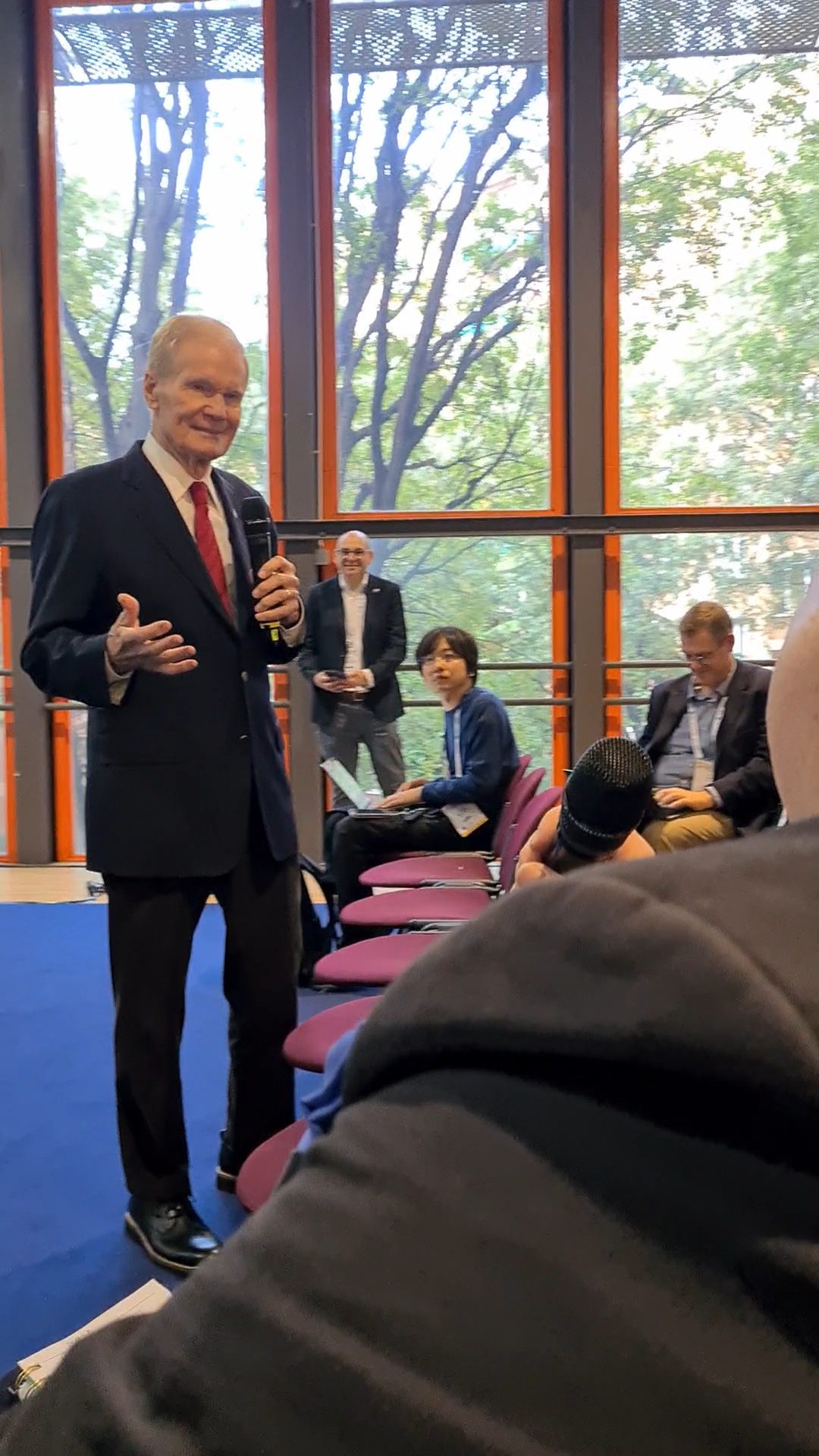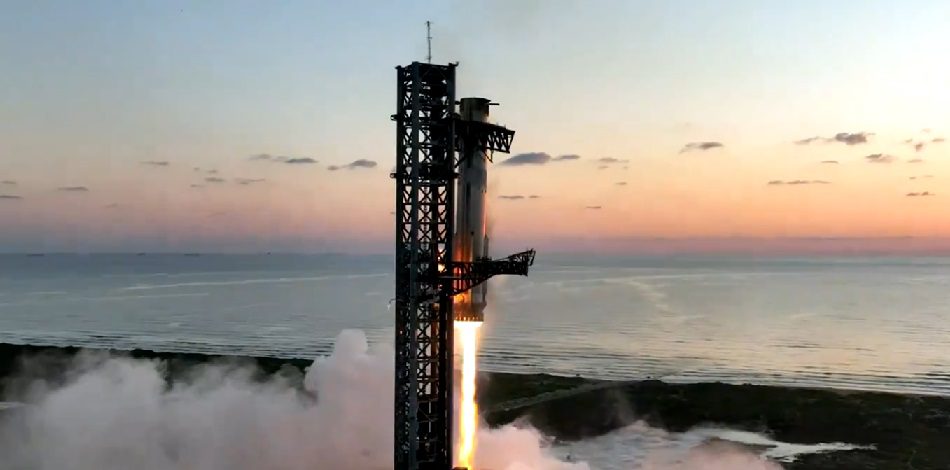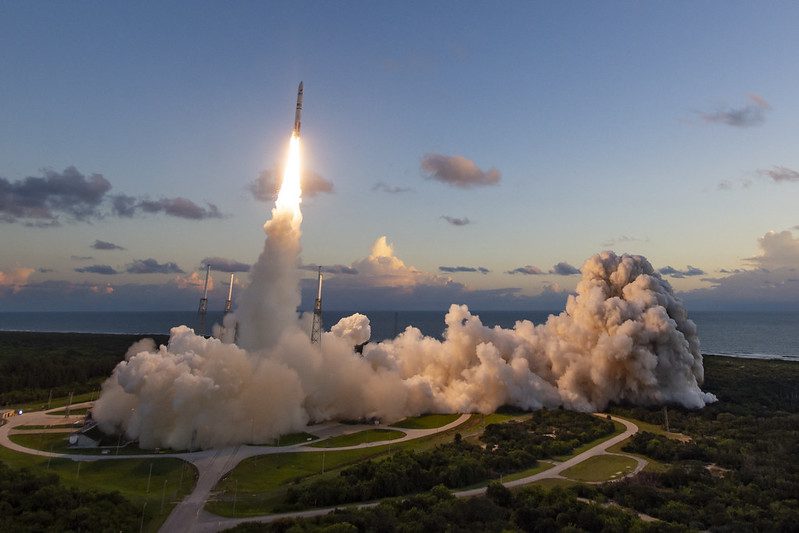While neither has yet had their manned capsule designs fly, and while both have had their test flight programmes delayed, both Boeing and SpaceX have been awarded contracts by NASA for four more manned commercial flights each to add to the two they each already hold.
Under the original plan, two fully commercial flights would follow successful demonstration of two unmanned and manned flights each. This new interim contract provide an extra guarantee to each firm now with a total of six full commercial flights each.
“Awarding these missions now will provide greater stability for the future space station crew rotation schedule, as well as reduce schedule and financial uncertainty for our providers,” said Phil McAlister, director, NASA’s Commercial Spaceflight Development Division. “The ability to turn on missions as needed to meet the needs of the space station program is an important aspect of the Commercial Crew Program.”
Boeing’s uncrewed flight test of its CST-100, known as an Orbital Flight Test, is currently scheduled for launch by an Atlas V rocket June 2018 and its crewed flight test currently is planned for August 2018. SpaceX’s uncrewed flight test, or Demonstration Mission 1, of its Crew Dragon (aka Dragon V2) capsule is currently scheduled for November 2017 launch on a Falcon 9 launch vehicle, followed by its first crew flight test in May 2018.

